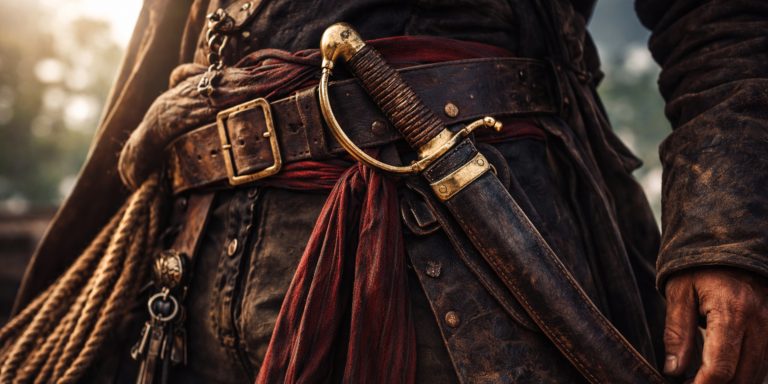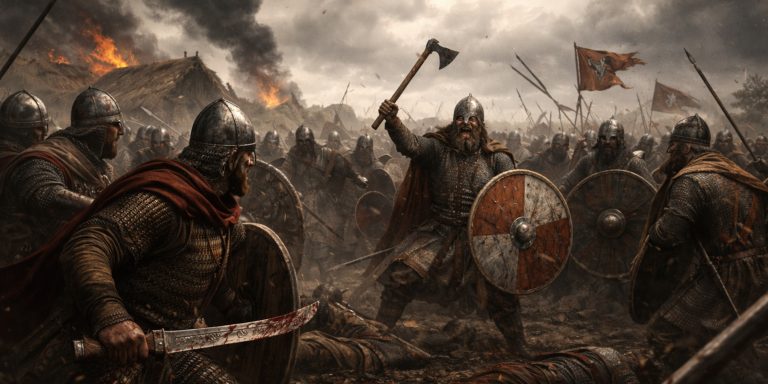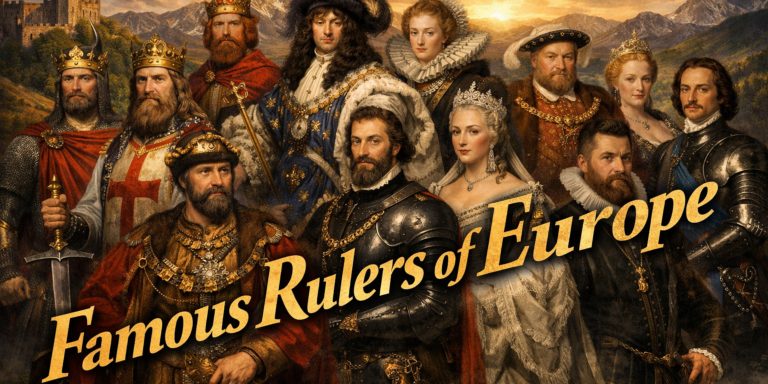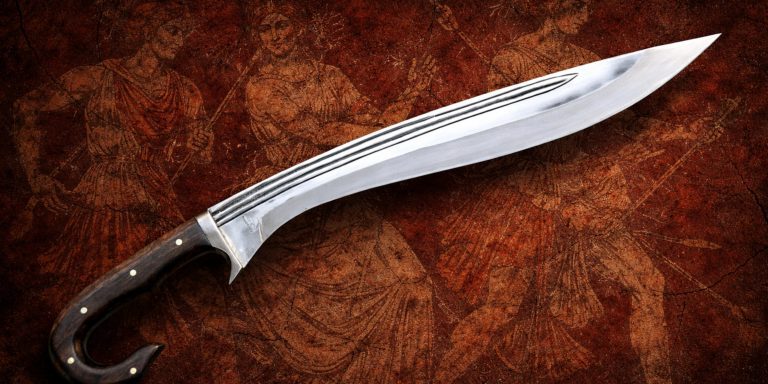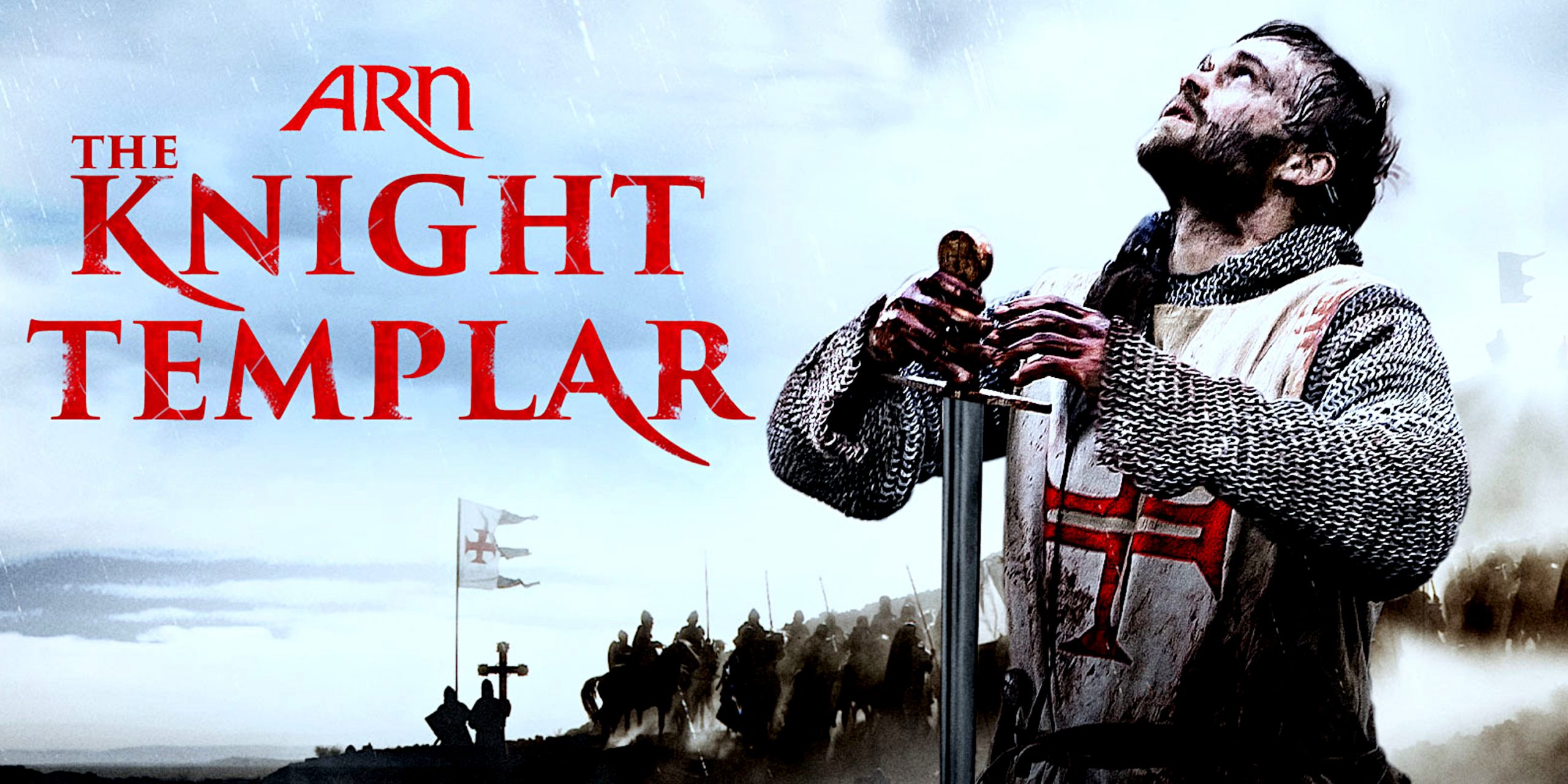
There is something strangely comforting about revisiting a film where chainmail clinks louder than reason and honour sits at the centre of every life decision. Arn, The Knight Templar might not get the same volume of hype as Hollywood’s heavy hitters, yet it has quietly carved out a loyal corner of the medieval film world. It blends Swedish historical fiction with wide shots of deserts, fortresses and enough religious tension to fuel a full semester of history lectures.
I always end up returning to this film because it tries harder than most to balance spectacle with sincerity. It feels human, even when the plot hits those big knightly beats. It pulls you in without shouting for attention, which feels refreshing in a genre that usually loves shouting.
Arn, The Knight Templar adapts Jan Guillou’s immensely popular Crusades novels and turns them into a sweeping story about faith, loyalty and a man who keeps getting thrown into situations that demand more courage than most mortals have stored. This is medieval cinema with a Scandinavian soul. It is earnest, patient and more grounded than many films that cover similar territory.
Plot Overview
We follow Arn Magnusson, a nobleman trained by monks, who ends up exiled to join the Knights Templar after an unfortunate chain of events that would ruin anyone’s week. His journey takes him from the forests of Sweden to the heat of the Levant. The film moves between two worlds, Sweden dealing with its own political chaos and the Holy Land where alliances are rarely stable.
What keeps the story engaging is Arn himself. He is not invincible and he is not written as a flawless warrior. He is someone trying to make sense of duty while being pulled between love, religion and the constant drums of war. The film gives his internal conflict enough space to breathe, which makes the fights feel more meaningful when they happen.
Historical Themes
The film is not trying to be a documentary, but it does pay respect to the period. The contrast between Swedish clans grappling for power and the political complexity of the Crusades adds real texture. You get a sense of a world shaped by belief and ambition, with people genuinely struggling to navigate both.
The Templar portrayal is handled with more restraint than you might expect. Rather than leaning on the usual tropes of secret orders and mystical symbols, the film sticks closer to the disciplined military order that the historical Templars actually were. It is almost surprising, in a good way.
Performances and Production
Joakim Nätterqvist brings a quiet intensity to Arn, and it works. His performance carries the emotional weight without slipping into melodrama. Sofia Helin shines as Cecilia, giving the story its most rooted and heartfelt moments. Their connection gives the wider political story something to anchor itself to.
The production design stands out. Armour looks functional rather than flamboyant, siege scenes feel claustrophobic and the desert landscapes are shot with a calm confidence. It is the sort of visual approach that trusts the audience to appreciate detail without excessive polish.
Why It Still Feels Fresh Today
Most medieval films either go heavy on grit or heavy on myth. Arn sits neatly in the middle. It treats the world seriously but lets the characters keep their humanity. There is enough action to keep a modern viewer engaged, yet enough sincerity for anyone who likes their stories with emotional weight.
It also holds up because it does not try too hard to impress. Its strengths come from steady world building, thoughtful character arcs and the willingness to let scenes unfold without rushing. Watching it today feels almost calming, like finding a slightly dusty paperback that turns out to be better written than half the new releases.
Who Should Watch It
If you enjoy medieval films that respect their setting while still offering a strong character story, this is an easy recommendation. Fans of Kingdom of Heaven, The Pillars of the Earth or even the political side of Vikings will find plenty to appreciate.
It also fits neatly for anyone who loves Crusades history but wants a story that feels more intimate than a straightforward war epic.
The Seven Swords Takeaway
Arn, The Knight Templar is a film that rewards patience. It is not loud, it is not trying to reinvent cinema and it does not pretend to be perfect. What it offers instead is something more honest, a medieval tale told with care, heart and just enough steel on steel to keep that inner history nerd satisfied.
I always end up recommending it because it delivers exactly what it promises, and sometimes that is all a good film needs to do.
If more medieval films had this balance of sincerity and scale, I would probably never get anything else done.
Watch the trailer:

